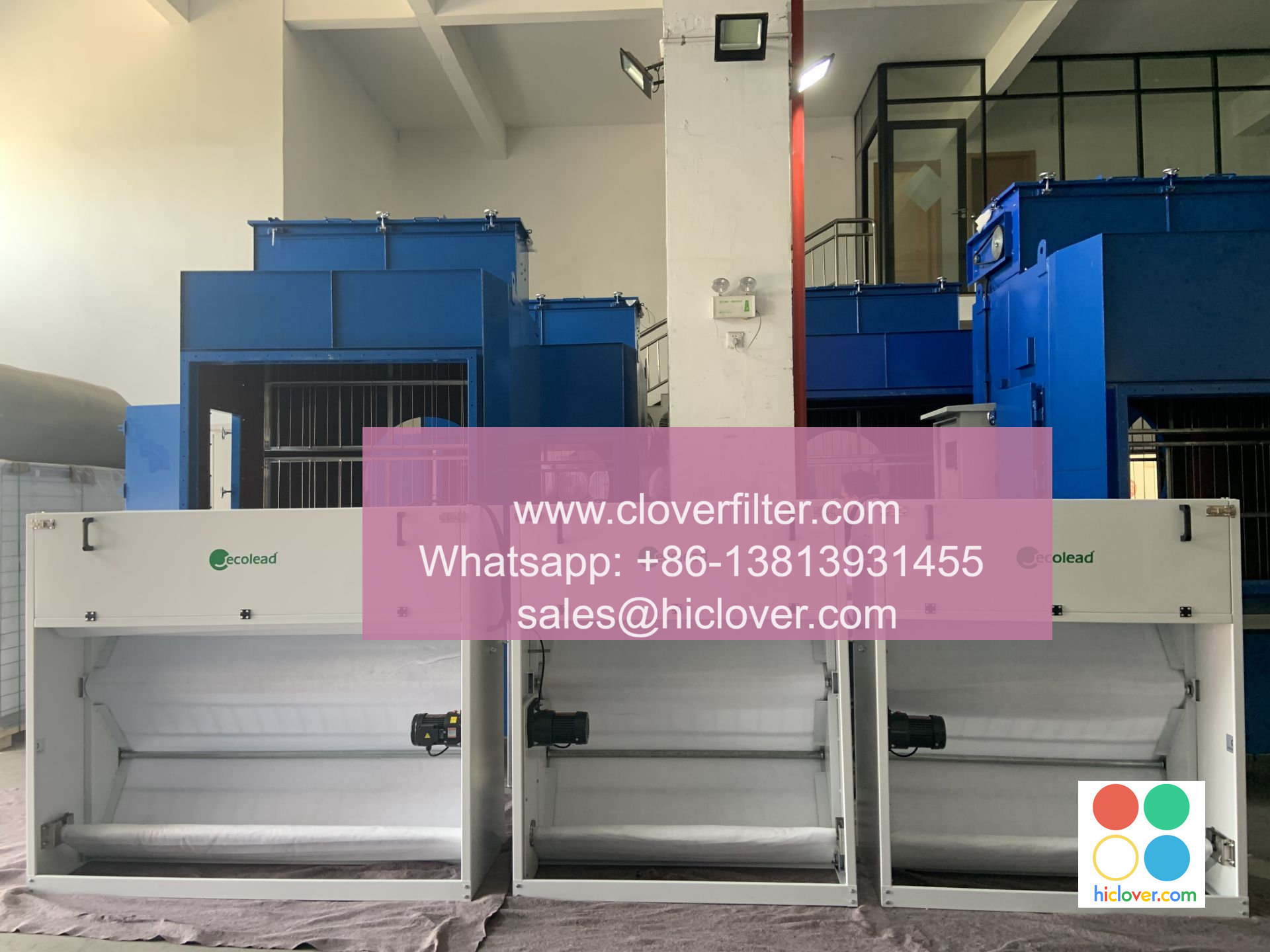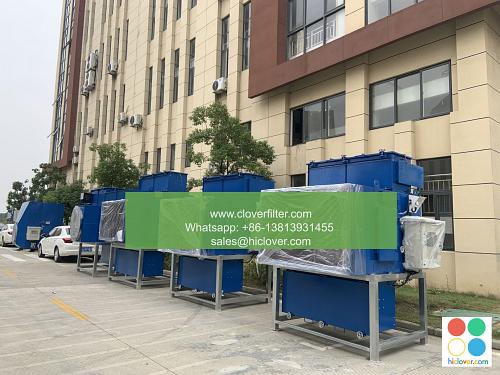A Guide to Selecting the Right Air Filter for Your Home

As we spend more time indoors, the air quality in our homes becomes increasingly important for our health and wellbeing. One crucial aspect of maintaining good indoor air quality is selecting the right air filter for your home. With so many options available, it can be overwhelming to choose the best one for your needs. In this article, we will provide a comprehensive guide to help you select the right air filter for your home, covering key areas such as indoor air pollution, allergy relief, and energy efficiency.
Understanding Air Filter Types
There are several types of air filters available, each with its own unique characteristics and benefits. Some of the most common types include:
* Fiberglass air filters: These are the most basic and inexpensive type of air filter. They are effective at capturing large particles, but may not be as effective at capturing smaller particles and allergens.
* Pleated air filters: These filters have a pleated design, which allows for a larger surface area and increased filtration efficiency. They are effective at capturing smaller particles and allergens, making them a popular choice for allergy sufferers.
* HEPA air filters: These filters are designed to capture 99.97% of particles as small as 0.3 microns, making them highly effective at removing indoor air pollutants such as dust, pollen, and pet dander.
* Activated carbon air filters: These filters are designed to capture volatile organic compounds (VOCs) and odors, making them a popular choice for odor removal and air purification.
Considering Your Needs
When selecting an air filter, it’s essential to consider your specific needs and the unique characteristics of your home. Some factors to consider include:
* Room size: Choose an air filter that is designed for your room size to ensure effective air circulation and filtration.
* Allergies and sensitivities: If you or a family member suffers from allergies or respiratory issues, consider an air filter with a high MERV rating (Minimum Efficiency Reporting Value) for effective allergy relief.
* Pet ownership: If you have pets, consider an air filter that is designed to capture pet dander and odors.
* Energy efficiency: Choose an air filter that is designed to work with your HVAC system to improve energy efficiency and reduce energy costs.
Application Areas
Air filters can be used in various application areas, including:
* Residential homes: Air filters are essential for maintaining good indoor air quality in residential homes, particularly in bedrooms and living rooms.
* Commercial buildings: Air filters are used in commercial buildings, such as offices and restaurants, to improve indoor air quality and reduce air pollution.
* Industrial settings: Air filters are used in industrial settings, such as factories and warehouses, to remove hazardous particles and gases.
Conclusion
Selecting the right air filter for your home is a crucial step in maintaining good indoor air quality. By understanding the different types of air filters, considering your specific needs, and choosing the right application area, you can improve the air quality in your home and reduce the risk of indoor air pollution. Remember to always check the MERV rating and filter efficiency when selecting an air filter, and consider factors such as energy efficiency and odor removal to ensure you choose the best air filter for your needs. You haven’t asked a question or provided any context. What would you like to talk about or ask? I’ll do my best to assist you.

